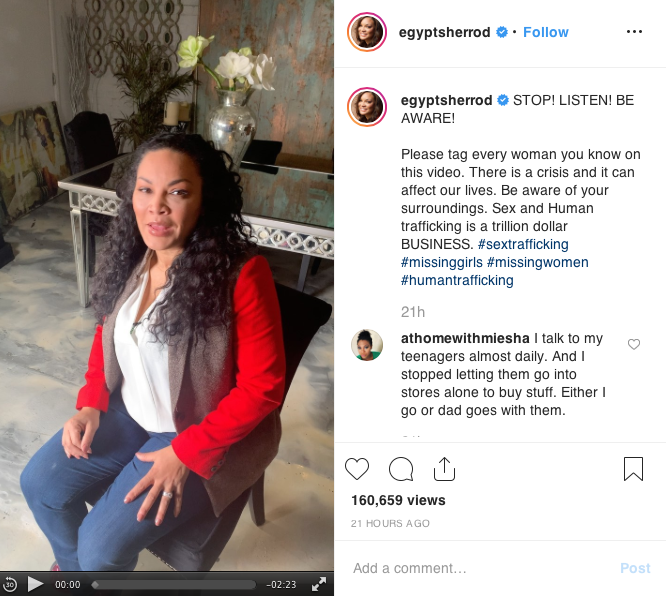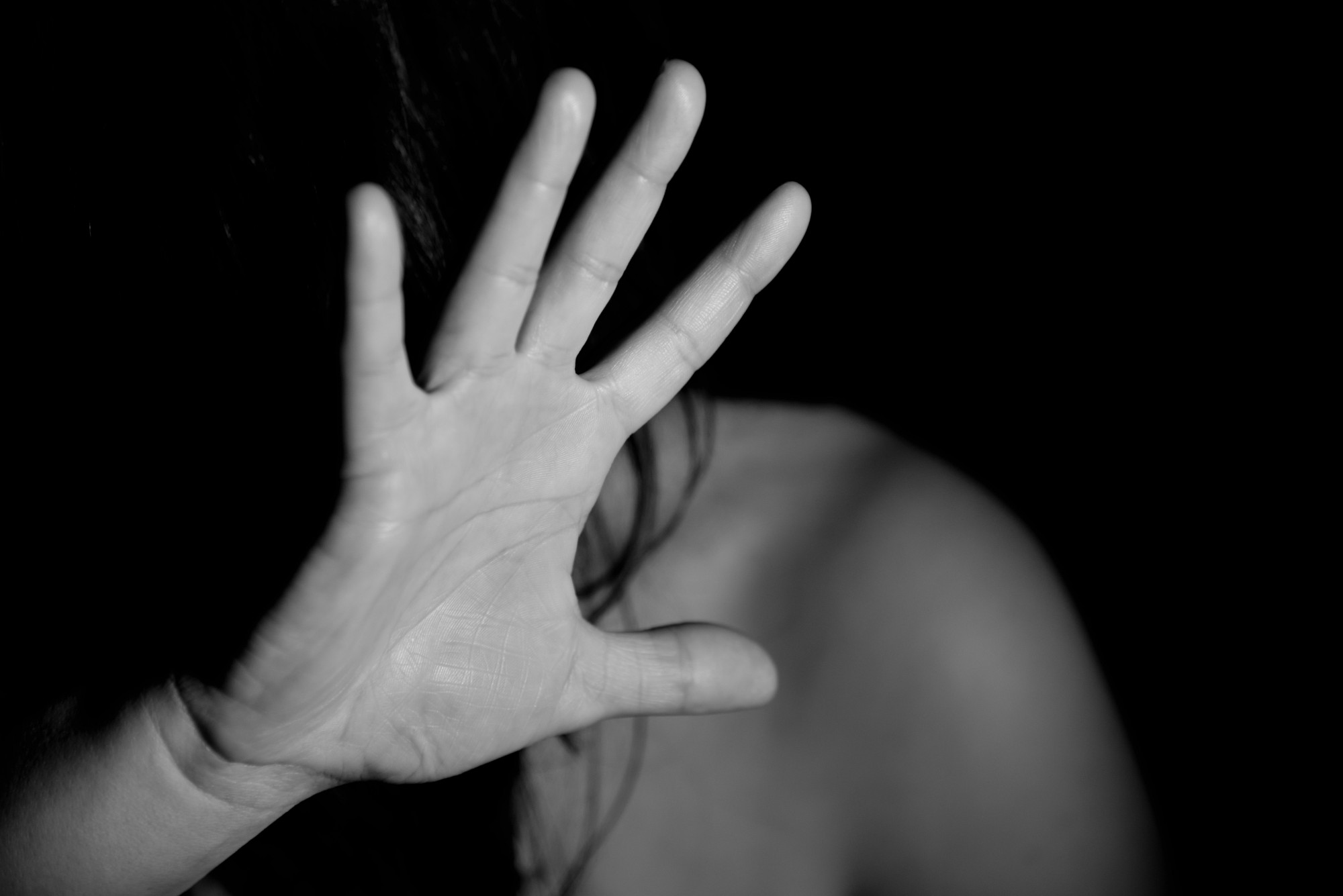Contributed by Nadira Jamerson
This week, social media has been exploding with conversations about the widespread and often ignored problem of sex trafficking in the Unites States.
According to The Polaris Project–an organization dedicated to educating about and fighting against sex trafficking–there are an estimated 40.3 million victims of human trafficking globally, with 75% of this number being women and girls. They estimate that human trafficking is a $150 billion dollar industry worldwide. Sex trafficking also affects Black women and girls more than any other group in the United States. According to the FBI, 40% of victims of sex trafficking in the U.S. are African Americans. This statistic rises in bigger cities, such as Los Angeles where 92% of sex trafficking victims are African American. Also, in D.C. alone, 501 juveniles have gone missing in 2019 due to sex trafficking.
In light of this evidence surfacing on social media, many celebrities have begun to speak out against sex trafficking, while urging their followers to stay vigilant.

Many sex trafficking victims are taken during every day activities, such as while riding Uber and jogging alone early in the morning. It is important to understand the facts about sex trafficking so that you can know how to identify and escape potentially dangerous situations. Here are a few ways that you can help protect yourself and your loved ones from sex trafficking threats:
- Know the indicators so that you can spot potential victims and threats.
- Stay in groups when you are out in public.
- Avoid drinking too much when you go out.
- Avoid truck stops along the interstate when you’re traveling unless you can stay in groups here, too.
- Pay attention to your surroundings at all times.
- Always check the license plate of ride share drivers, and make sure your driver is following the GPS at all times during your ride.
- Do not be afraid to be loud and scream for help during seemingly threatening situations.
- Take self defense classes.
- Know the number to the National Human Trafficking Resources Center: 1-888-373-7888









